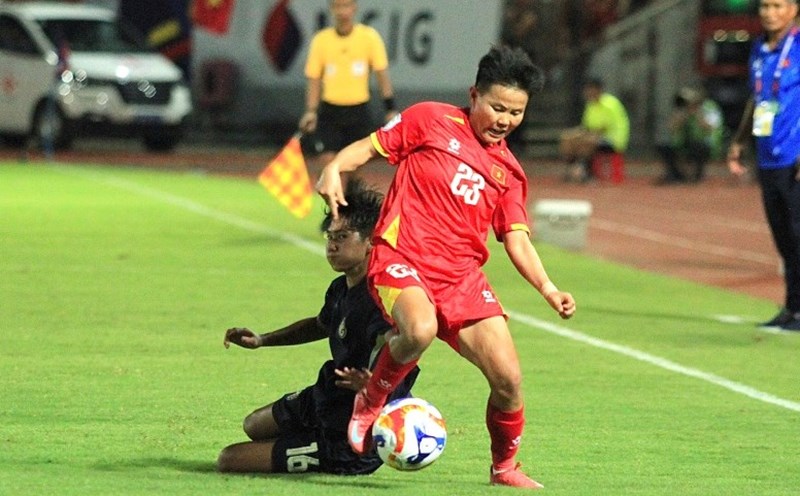filling legal gaps, minimizing protection for people
According to the report of the SBV, by the end of 2024, the ratio of bad debt within the credit institution system had exceeded 3%; while not including potential debt that became bad debt and debt sold to the Asset Management Company of Credit Institutions of Vietnam (VAMC) but not yet handled. Credit rating organizations also recorded a significant decrease in debt collection after Resolution 42 expired.
The National Assembly has added Article 198a to the Law on Credit Institutions, regulating the right to confiscate collateral assets of credit institutions, foreign bank branches and debt handling organizations. In order for this regulation to be implemented consistently in practice, the Government is assigned to issue a Decree with detailed regulations, avoiding arbitrary application and causing conflicts in practice.
In drafting the Decree, the State Bank clearly stated: Guaranteed assets can only be seized if they are not the only housing and not the main or only labor tool of the guarantee party.
According to the draft, "The only house is a single construction work under the ownership of the guaranteed party, with a stable, long-term or regular residence and living". At the same time, The main or only labor tool is the means of labor that brings in the main income, determined based on the regional minimum wage prescribed by the Government.
The State Bank analyzed: Not confiscating the collateral as the main labor tool or the only home of the people is a protective measure, helping the collateral maintain minimum living conditions, be able to work and support themselves and their families.
This regulation is based on legal references and international experience in Germany, Canada, France and the Russian Federation, where there are also limits to protect people when their assets are seized or seized.
The responsibility for confirming belongs to the borrower
The draft Decree clearly stipulates: The borrower - the guarantee - must self-confirm and commit to whether his/her mortgaged property is not subject to confiscation (only house, essential labor tools) or not. This must be done immediately upon signing the contract, with supporting documents. Without supporting documents, the property will however be considered not to be excluded.
The SBV explained that credit institutions only rely on the commitment and documents provided by borrowers. The borrower must be responsible before the law for the accuracy and legality of these documents.
The reason is that the borrower is the owner and has the best understanding of the current status, legality and purpose of use of the property. On the contrary, the bank is not a state management agency, nor does it have the authority or conditions to verify whether a house is truly a "most unique" or a means of labor is the "main source of income" of borrowers.
According to the SBV, if banks are required to verify each case, additional costs and procedures will arise, both slowing down the lending process and making it difficult to handle bad debts. Therefore, the obligation to prove must belong to the borrower - the owner of the property.
Highly humane regulations
Speaking to Lao Dong Newspaper, Dr. Chau Dinh Linh - a financial and banking expert - assessed: The draft Decree of the State Bank to remove "only housing" and "mainly or only labor tools" from the list of assets under protection to be seized is reasonable, not only of humanistic significance but also to ensure legal consistency. The concept of "one-stop housing" has been mentioned in the Law on Civil Judgment Enforcement. If the Decree does not stipulate clearly, it will easily overlap between laws. The exclusion helps create connectivity and avoid conflicts when applied.
Dr. Linh also emphasized: In essence, mortgaged assets are only a secondary source of debt repayment, while the decisive factor is still the business plan and the ability of customers to repay debts. Therefore, banks need to improve appraisal, risk management and asset valuation instead of relying too much on distribution. Even when assets are confiscated, the real estate market is not always favorable for sale. The regulation on excluding essential assets both avoids pushing borrowers into a situation of no more housing and creates pressure for them to proactively repay debts.
The draft Decree is expected to be issued by the Government before September 15, 2025 and take effect from October 15, 2025, the same time as Law No. 96/2025/QH15.











